What Causes Dental Disease ?
Some things increase the risk of dental disease, these include:
Age - Older pets are more prone to dental disease – more time = more plaque etc. Interestingly, many clients report back to us that the behaviour changes thought to be due to old age disappear after a dental treatment – the changes had all been due to pain and these had gone once the pain had been eliminated after their pet’s dental treatment!
Eating a lot of tinned wet food can lead to dental disease – these foods are sticky and require little chewing effort and can lead to a rapid buildup of tartar
Breed – small dogs and pets with short noses such as Pugs, Pekinese and exotic breeds ofcats are more likely to have overcrowded or misaligned teeth that are difficult to keep clean.
Hairy or itchy dogs – lip hair wrapping around teeth or getting caught between teeth from chewing can cause gum disease.
Does Dental Disease affect organs other than teeth?
Yes.
Dental disease doesn’t just affect your pet’s mouth! Studies have linked dental disease and gum inflammation with kidney, heart and liver disease to name but a few! Not to mention a poor diet that may have lead to dental problems, or the lack of nutrients being eaten from mouth pain.
How does this happen?
Plaque builds up on your pet’s teeth. Plaque is that fuzzy feeling on your teeth. It’s a product of food, saliva and the bacteria that live in the mouth.
If not brushed/chewed/chemically removed away, the minerals in your pets saliva mineralize this soft plaque into hard tartar/calculus.
The bacteria and physical build up on the teeth irritate the gums causing inflammation (gingivitis)
The irritated gums bleed and allow bacteria to enter the bloodstream
Bacteria in the bloodstream travel throughout the body and can affect important organs such as the heart, kidneys and liver. It will also affect the immune system.
How do I keep my pet’s teeth clean?
Anything that provides good dental “exercise” will help to keep teeth and gums clean and healthy. Foods that are chewy or crunchy will provide friction against the teeth and at the gum-line and help physically remove plaque before it mineralizes into tartar.
For adult cats and dogs with existing dental disease, a dental treatment with a scale and polish under general anesthetic is absolutely necessary to restore their mouth back to top health and condition. Once tartar has formed on the teeth, no preventative strategies will remove it.
